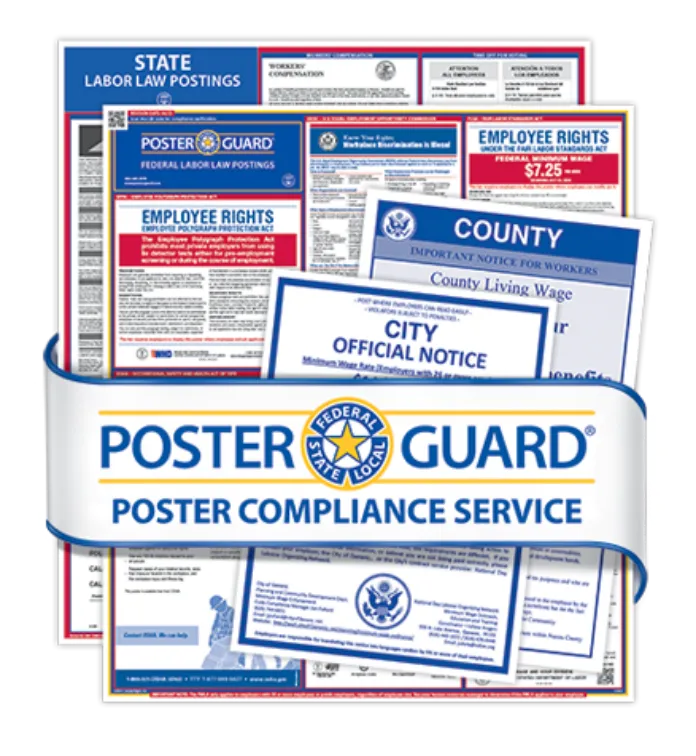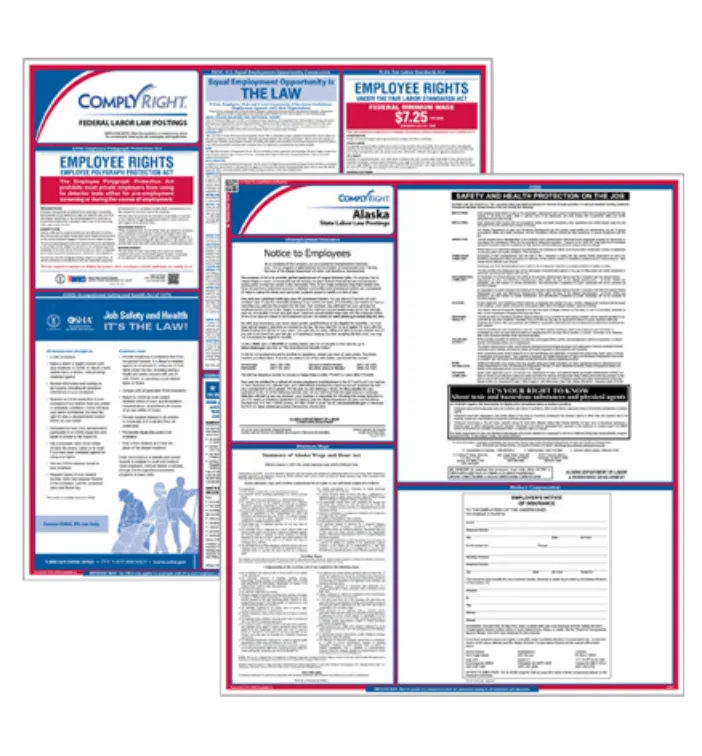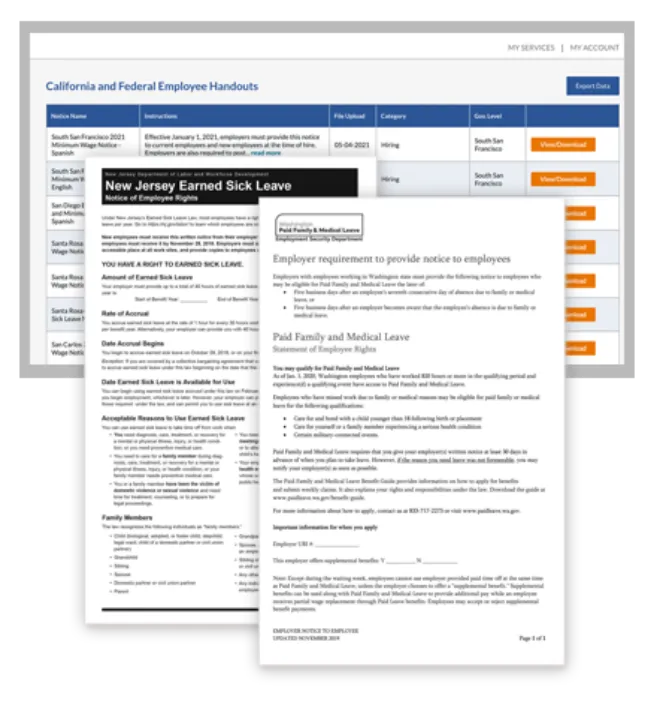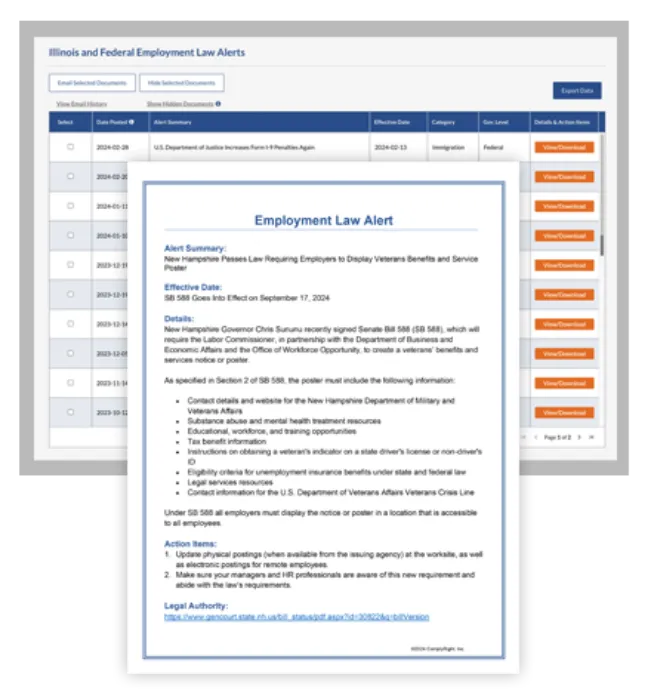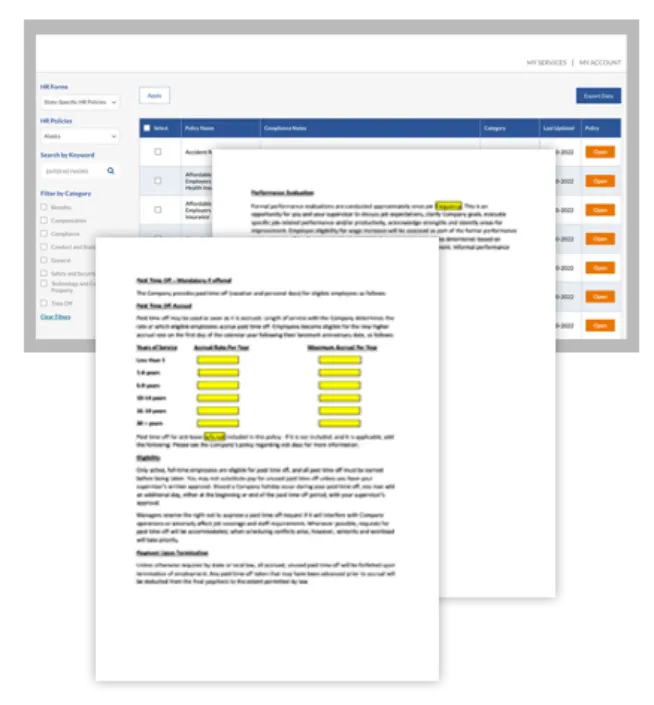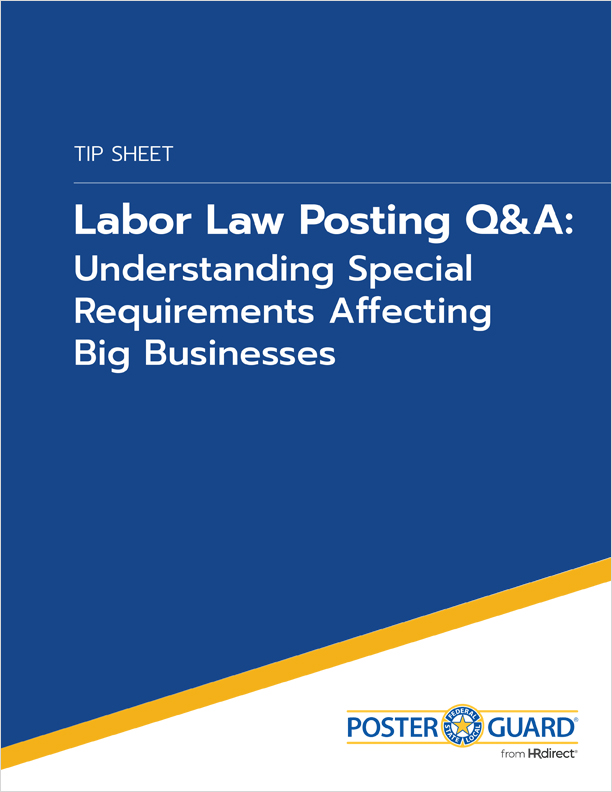The ongoing labor shortage is putting a strain on employers, forcing them to get creative to sustain their operations. Amidst stagnant hiring and skeleton crews, many are resorting to requesting employees to "volunteer" for extra hours.
But when is this practice acceptable, and what are the guidelines concerning mandatory overtime? How can you meet the demand for additional labor from your existing staff without breaking any laws?
Is It Legal to Force Employees to Work Overtime?
Before we delve into the legalities of mandatory overtime, it's crucial to consider the broader impact on employee morale. Requiring employees to work more hours than they desire, even with appropriate compensation, can breed frustration and resentment. Similarly, expecting maximum productivity from a skeleton crew for prolonged periods can undermine morale and drive valued employees away.
If your business is struggling to fill positions or maintain a full staff, you may turn to existing employees to work more hours. But before doing so, be clear on the rules and restrictions with mandatory overtime.
Taking these considerations into account, you might conclude that "volunteerism" for additional hours is your only viable option. To comply with the Fair Labor Standards Act (FLSA) and avoid legal missteps, be aware that:
- Nonexempt (or hourly) employees must be compensated at least the minimum wage for all hours worked for the benefit of your business, along with overtime pay for hours exceeding 40 per week (and potentially daily overtime depending on state/local laws). This distinction is crucial: Nonexempt employees are entitled to 1.5 times their regular hourly rate for overtime work.
- Similarly, nonexempt workers must be compensated for all hours worked, whether on-site, during work-related commutes or at home. Never request them to work "off the clock," including responding to emails or using communication platforms outside working hours.
- Starting July 1, 2024, the U.S. Department of Labor (DOL) is changing the minimum salary requirements for “white collar” (executive, administrative and professional) overtime exemptions. The new rule sets the minimum salary for these exemptions at $43,888 annually ($844 per week), going up to $58,656 annually ($1,128 per week) on January 1, 2025. Highly compensated employees will also see an increase to $132,964 (July 1, 2024) and $151,164 (January 1, 2025). And while you can ask exempt employees to work extra hours, just make sure it lines up with their job duties to keep their exemption status under the FLSA. For example, you wouldn’t ask employees with executive exemptions to do a lot of nonexempt manual work.
- Nonexempt employees cannot volunteer to work without pay or off the clock for a for-profit or private sector employer. This is strictly prohibited under federal law, regardless of the employee's wishes, and you must compensate them for their time. (Different rules apply to public agencies and nonprofit organizations.)
- Establishing an organized and flexible process for managing volunteer or mandatory overtime is advisable. Employees should feel comfortable discussing any personal reasons hindering them from working overtime with their managers. Additionally, providing employees with at least two to three weeks' notice of mandatory overtime is courteous.
Under the FLSA, employers must maintain accurate records of payroll status and total hours worked by nonexempt employees. You can utilize any timekeeping method, including written time sheets and automated systems.
Prioritize Compliance During These Changing Times
In addition to following the legal guidelines with overtime, ensure FLSA compliance by displaying all required postings at every business location. For seamless federal, state and local compliance year-round, rely on Poster Guard® Poster Compliance Service. Get all necessary labor law postings, including the FLSA posting, with automatic replacements at no extra cost.
Further, some states require handouts detailing pay rates and overtime policies for new hires. Our Premium Employee Handout Service ensures compliance for businesses with 50+ employees, covering federal, state, county and city notice requirements, plus triggered notifications.

